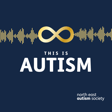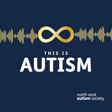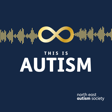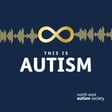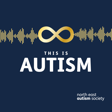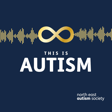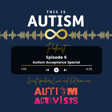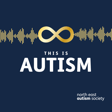
15. Relationships
In this episode of This is Autism, host Kerrie Highcock, Family Development Manager at the North East Autism Society, sits down with Dr Amy Pearson, a late-identified autistic researcher and assistant professor in psychology at Durham University. Amy’s work focuses on the lived experiences of autistic adults, with a particular emphasis on relationships, masking, and victimisation.
Kerrie and Amy explore the findings of Amy’s award-winning research into interpersonal victimisation—specifically the abuse autistic people may face from those closest to them. Amy explains what interpersonal victimisation means, why autistic people may be more vulnerable in relationships, and how societal framing and masking contribute to these risks.
The episode also celebrates Amy’s new book, which has already received glowing feedback. It’s an insightful conversation that sheds light on the challenges autistic people face in forming safe, meaningful connections, and what we can do to support.
💬 Listen in to hear:
- Why autistic people may be more vulnerable in relationships
- The role of masking and societal expectations
- What interpersonal victimisation really means
- How Amy’s research is changing the conversation
